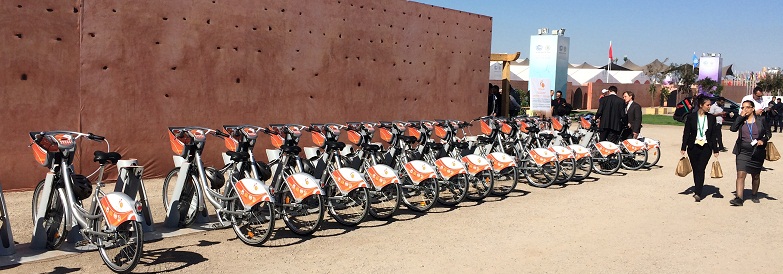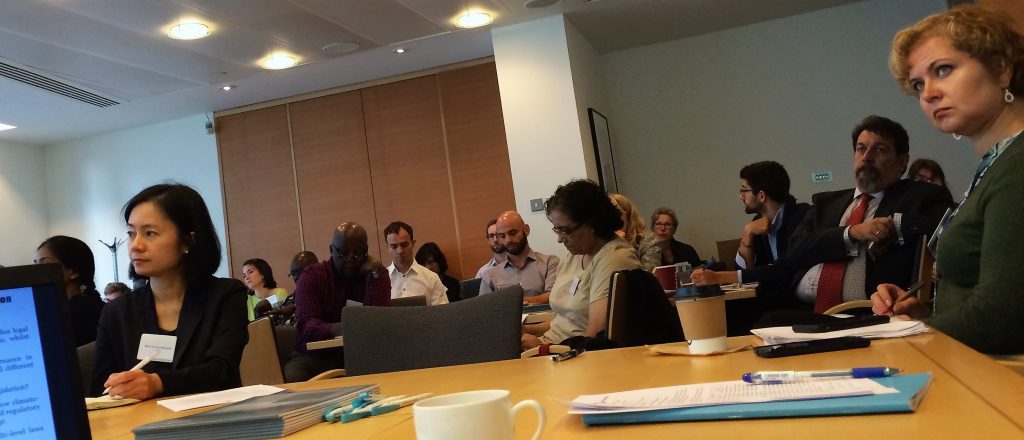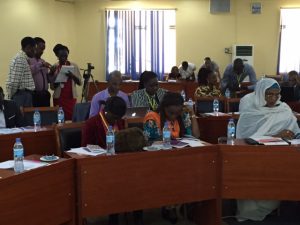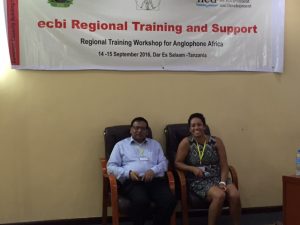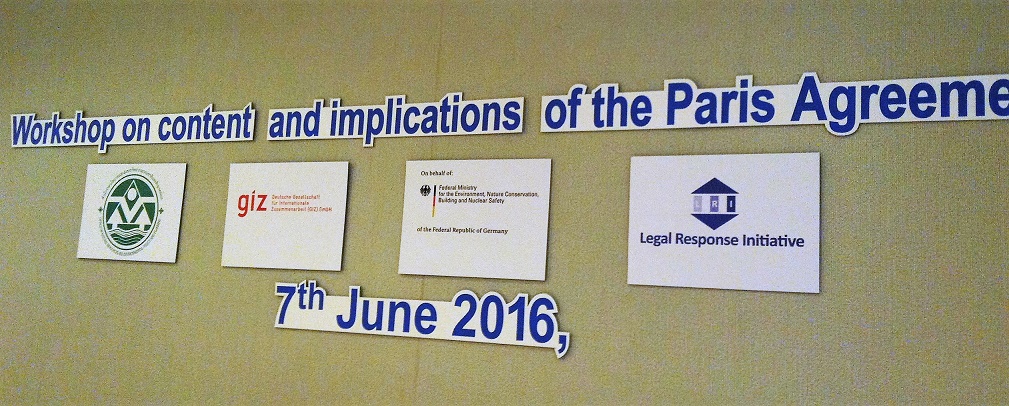29 March 2017
Mr Seth Osafo, a Ghanaian lawyer, has been appointed as a new Trustee of the LRI Board. Mr Osafo brings to the Board a deep knowledge of climate change law and policy and a wealth of experience of the international process, having worked at a number of UN agencies since the early 1990s including as senior legal adviser to the UNFCCC secretariat as well as UNEP. Mr Osafo was also the Head of the Legal Division of the Special Envoy of the United Nations Secretary General for the Future Status of Kosovo, HE. Martti Ahtisaari, former President of Finland. Since 2009 he has been a consultant to the Economic Commission for Africa (ECA), UNITAR and the African Development Bank providing legal advice to African negotiators at the UN climate Negotiations.
On his appointment Seth stated that “ I look forward to joining an organization whose work on the legal issues arising from the climate change negotiations has greatly benefitted African negotiators”.
Kate Cook, LRI Chair, commented that Seth will “bring invaluable insight into the perspectives of developing country negotiators at the climate change negotiations, and in particular those who are most vulnerable to the impacts of climate change, as we develop our capacity to provide assistance with national implementation of the Paris Agreement.”

